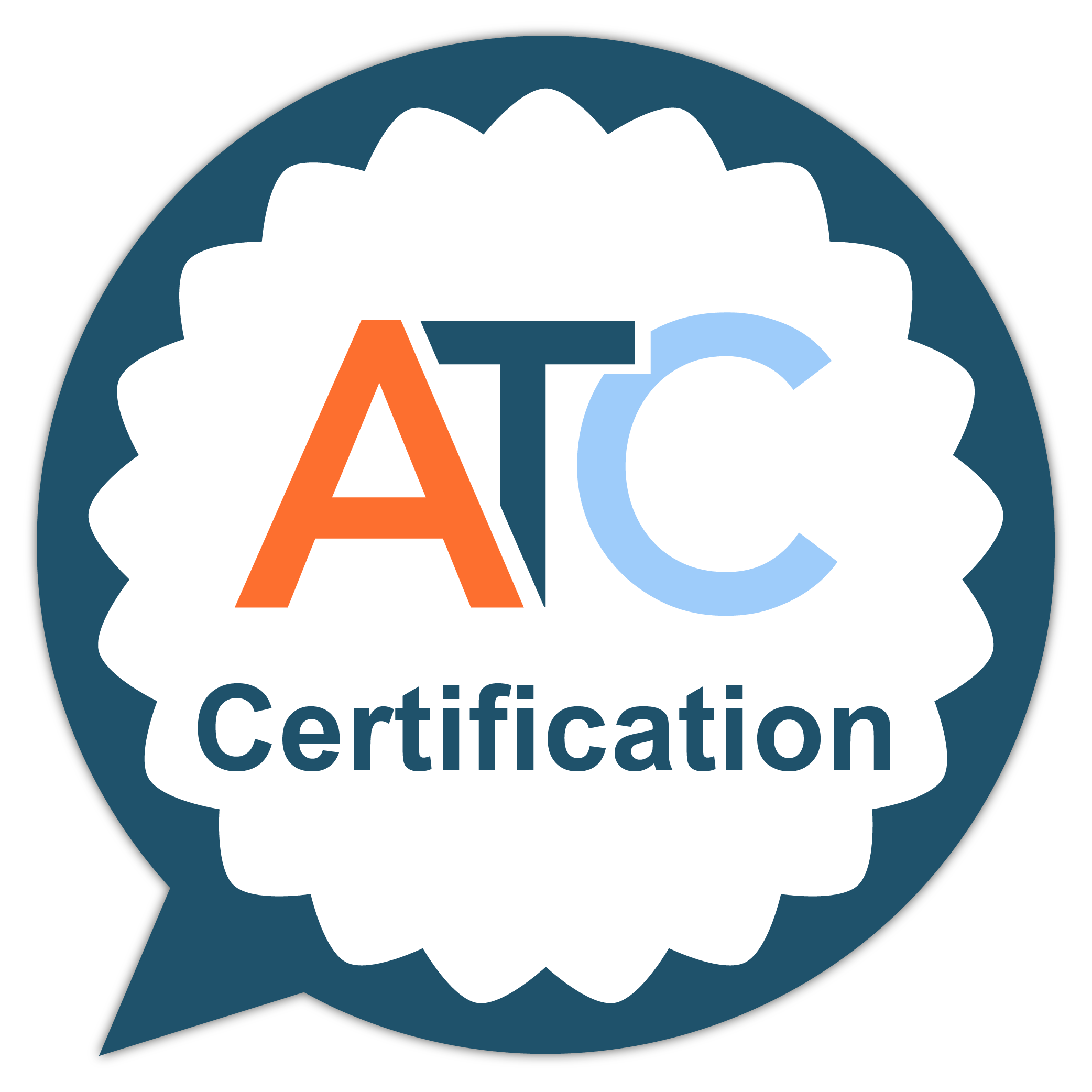*First published by ATC.
The European Legal Interpreters and Translators Association (EULITA) has worked hard to address the complexities of legal interpreting and translation. Recognising the need for a standard for certified translations, EULITA launched the development of ISO/AWI TS 25368, a technical specification designed to bring clarity and structure to the certification process for translations used in legal and governmental settings. Liese Katschinka, Project Leader of this technical specification, explained the process in the ISO standards knowledge-sharing webinar hosted by EUATC and ISO TC 37/SC 5 on 28 April 2025.
Focus of the Technical Specification
This technical specification is not about certified translations per se, nor is it about certified translators. Instead, it focuses on the certification process of translations, ensuring that documents translated for legal purposes are officially recognised in other countries. This is particularly important for personal documents such as birth certificates, marriage certificates, and death certificates, as well as legal documents like contracts and evidence used in legal proceedings.
Certification Process
The certification process involves legalising or notarising translations to ensure their authenticity and official recognition in foreign countries. This process helps legal translators and interpreters identify genuine documents that have gone through the official channels for legalisation, thereby preventing the use of fake documents.
Compilation of Information
ISO/AWI TS 25368 aims to compile information on the various processes that translators must go through to have their translations recognised in other countries. Given the diversity of languages and legal systems worldwide, this is a challenging task. The specification seeks to provide a structured form of information, relying on input from legal translators and interpreters to identify guidelines and processes issued by professional associations.
Basis for the Work
The basis for this work is the Hague Convention of 5th October 1961, which abolished the requirement of legalisation for foreign public documents. The convention introduced the apostille, a method of certifying documents for use in other countries. The apostille is an official certificate issued by a competent authority, such as the Ministry of Foreign Affairs, and it certifies the authenticity of the signature and the capacity of the person who signed the document.
Modern Approach
The introduction of electronic applications for the issuance of apostilles has streamlined the process, making it easier for translators to obtain the necessary certification for their translations. This modern approach ensures that documents are officially recognised in other countries, provided they are party to the convention.
ISO/AWI TS 25368 represents a significant step towards standardising the certification process for translations used in judicial settings and by public authorities. By compiling and structuring information on various certification processes, this technical specification aims to provide legal translators and interpreters with the tools they need to ensure their translations are officially recognised in other countries.
Contribute Your Legal Translation Expertise
We invite all legal translators and interpreters to take a survey to contribute their knowledge and experience to the development of ISO/AWI TS 25368. Your input is invaluable in creating a comprehensive and effective technical specification that will benefit the entire translation community. Join us in this effort to enhance the recognition and authenticity of certified translations worldwide.
Let’s build a stronger, more standardised industry together!


